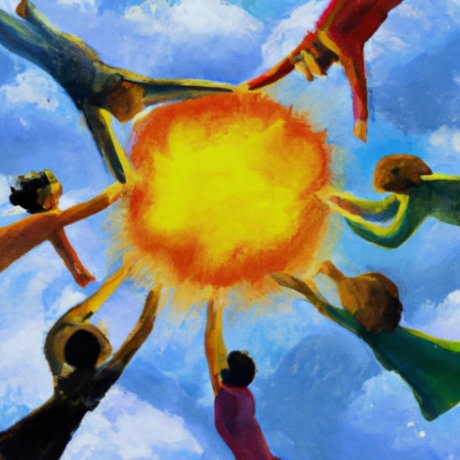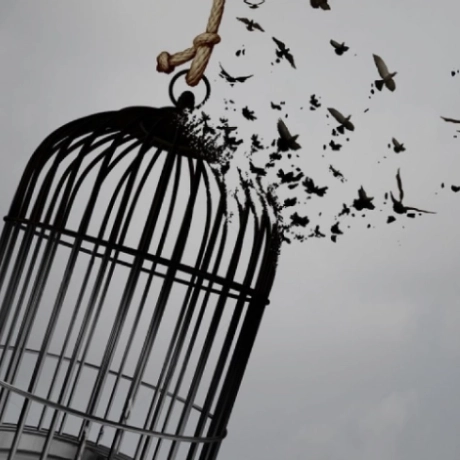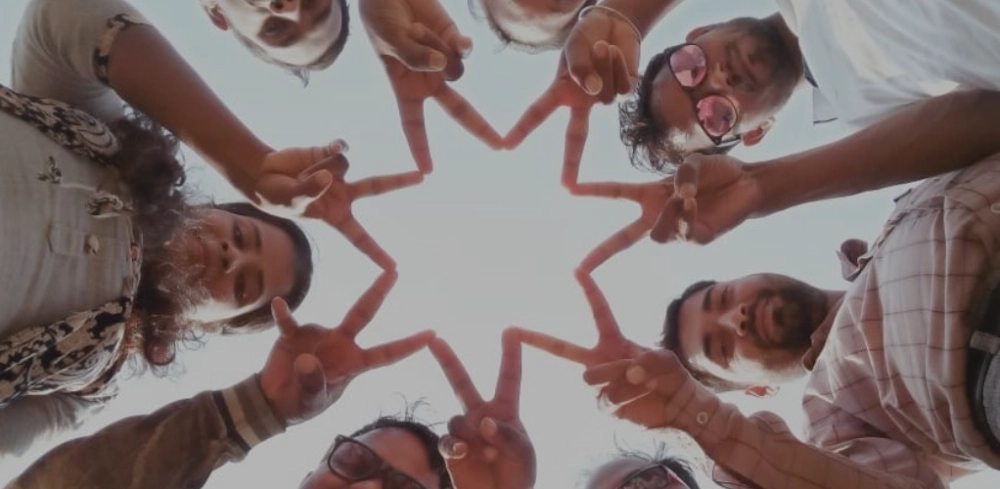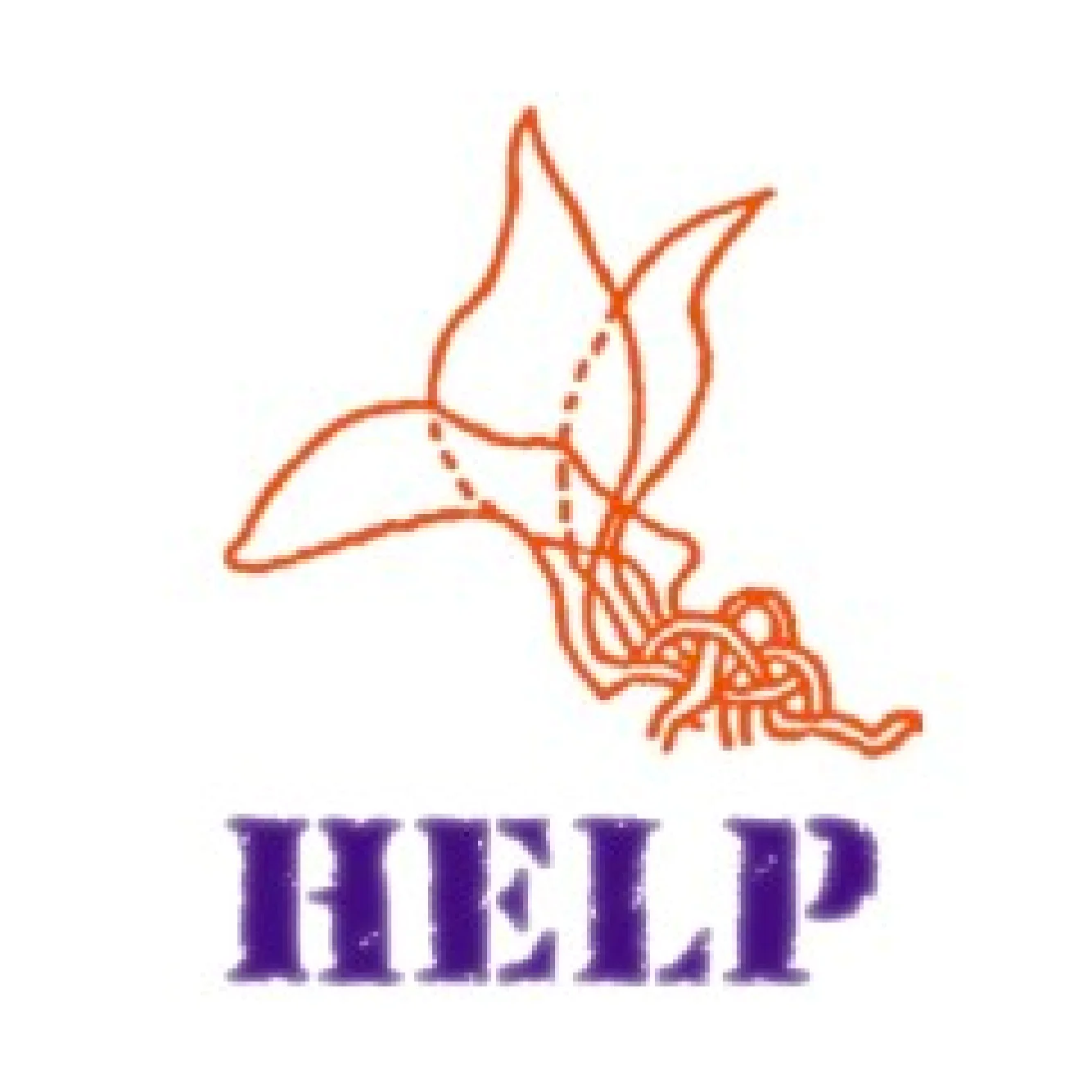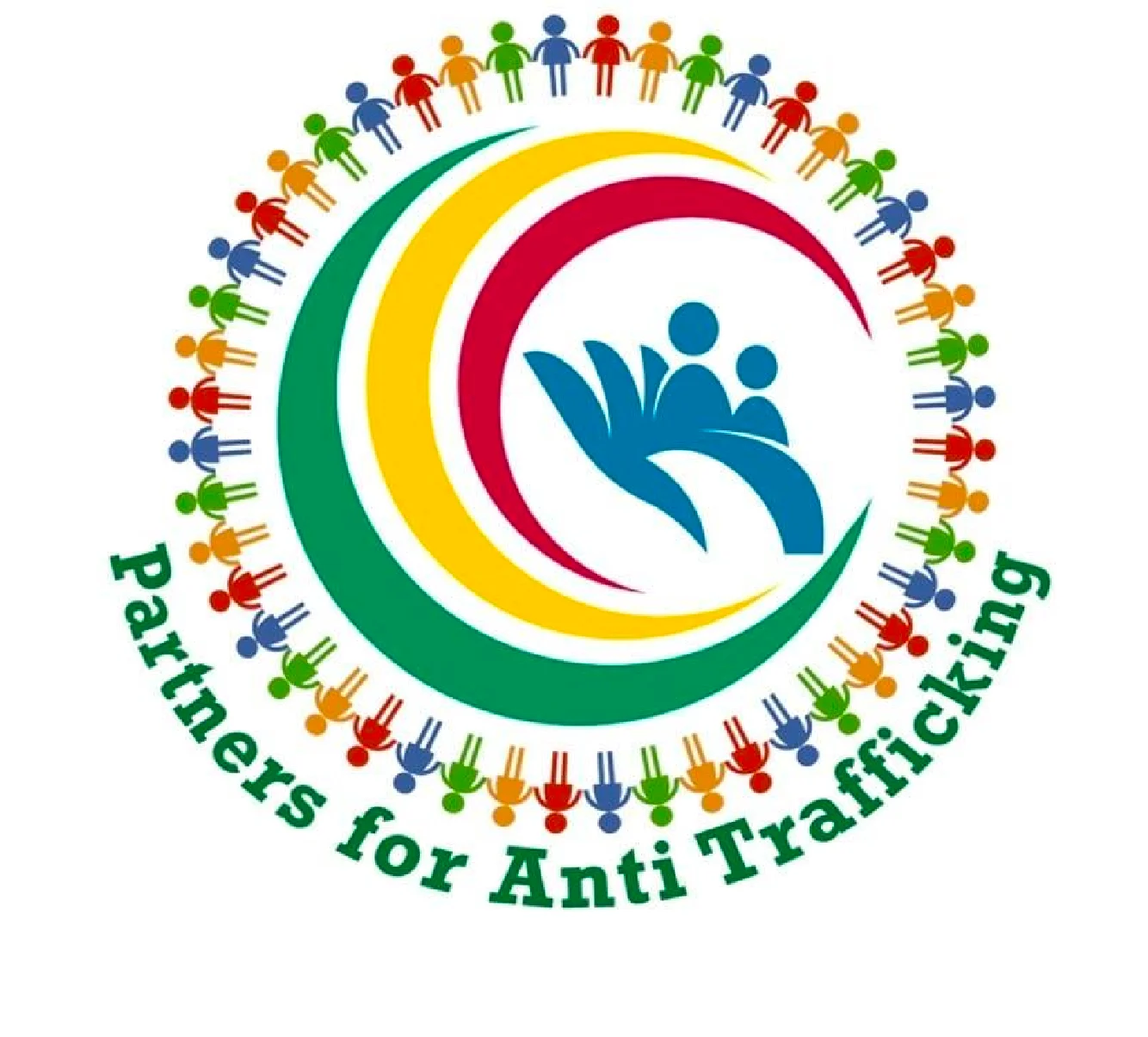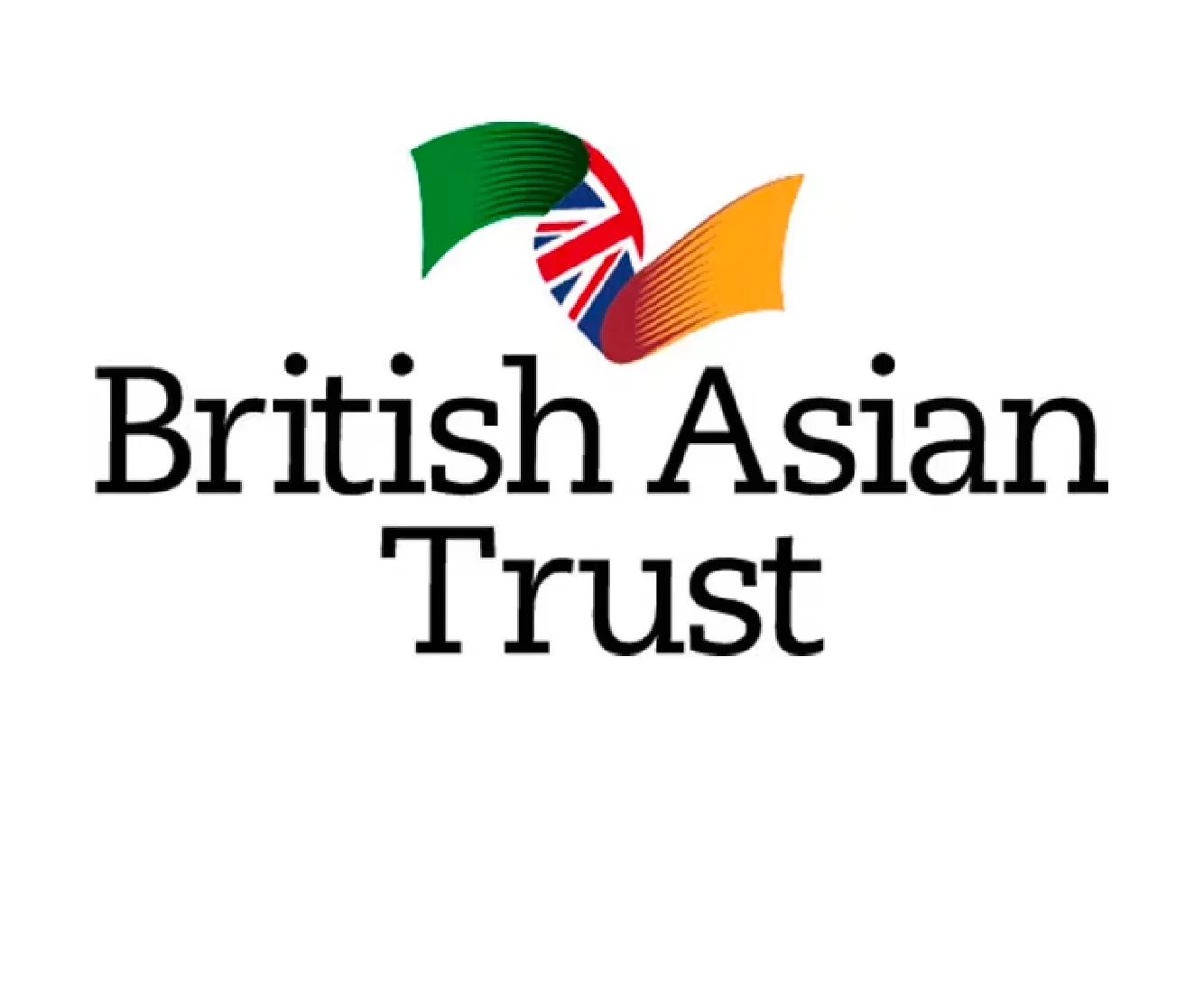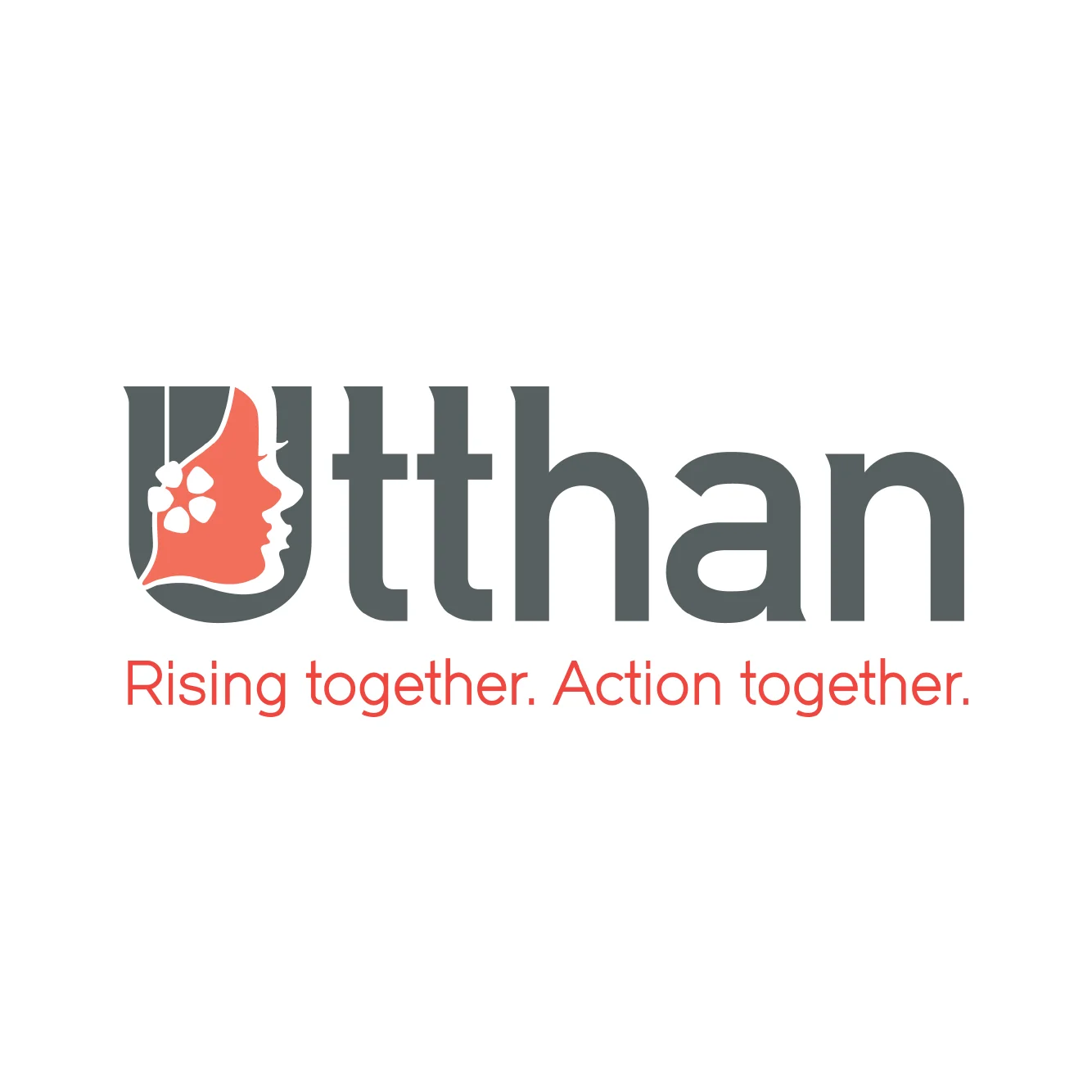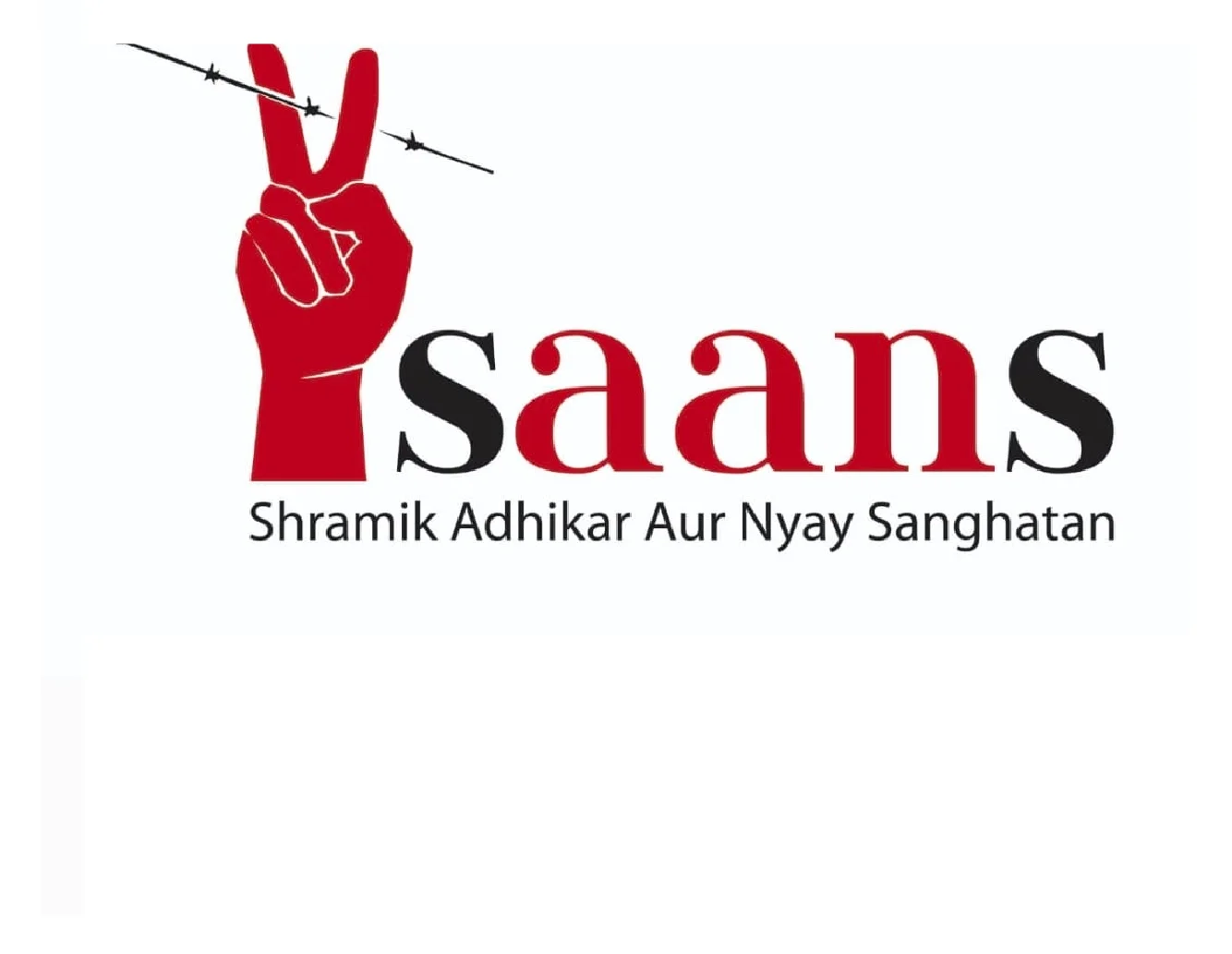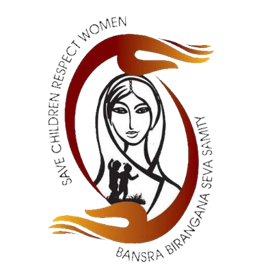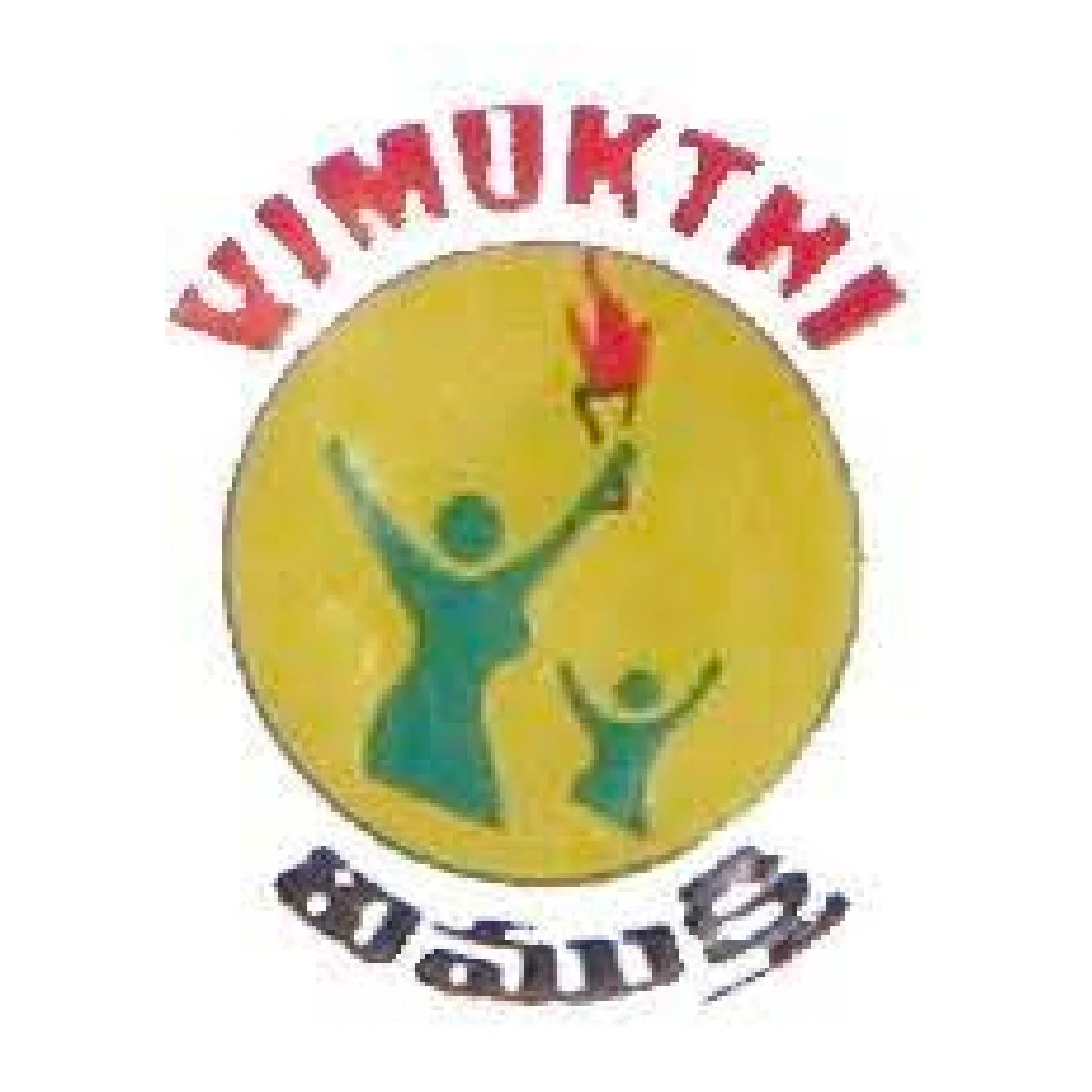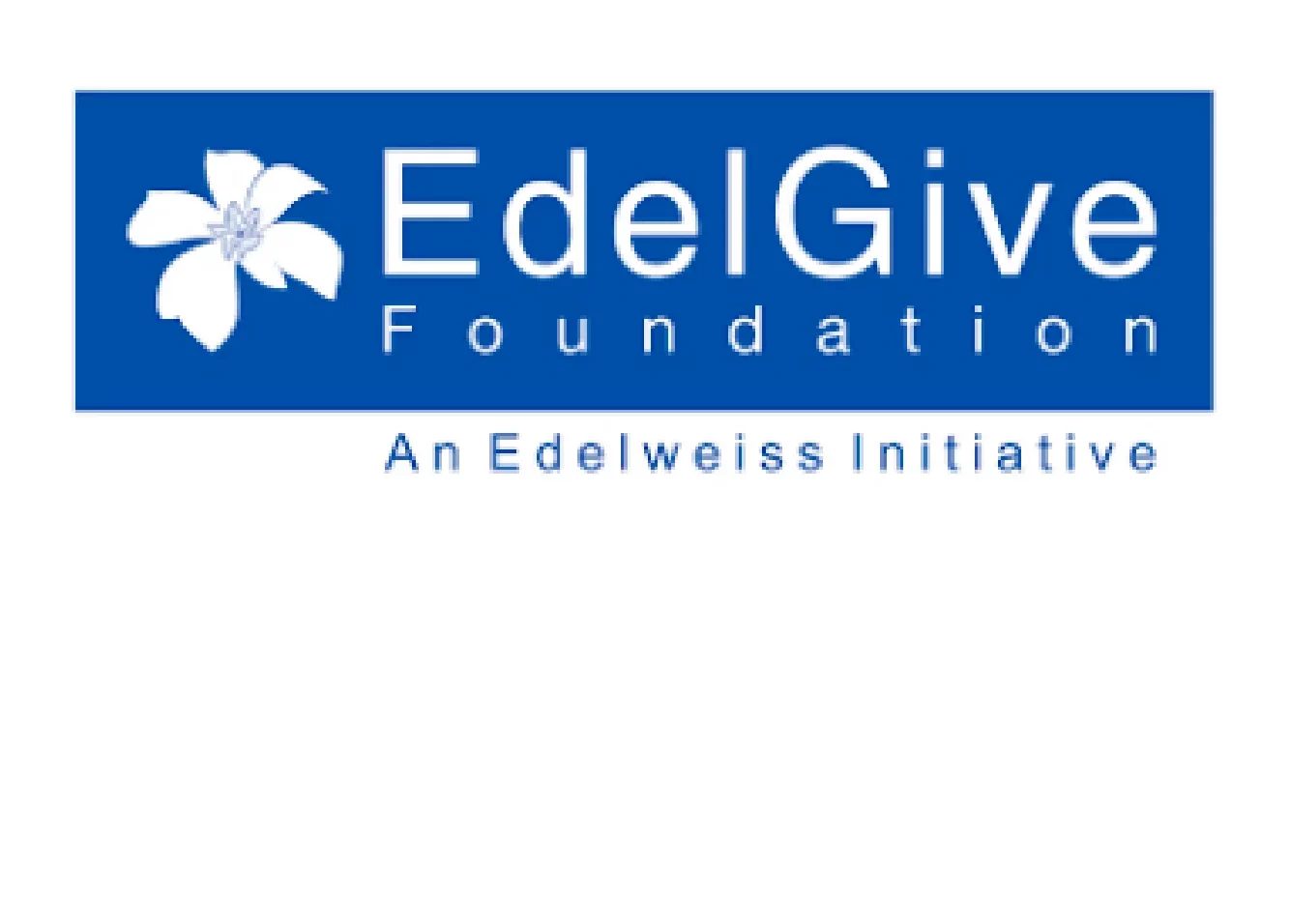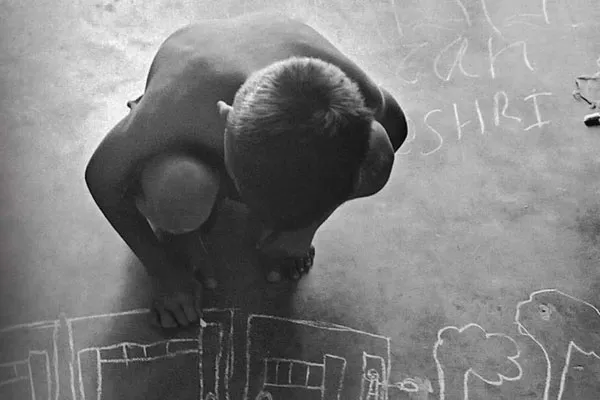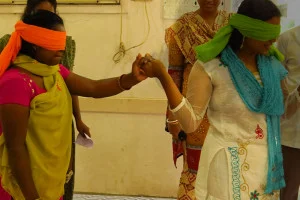Overview
One of the primary and instinctive responses worldwide when engaging with survivors is that of protectionism. It’s a human tendency to respond with sympathy, which triggers a behaviour of protecting the survivor from further harm. However, this kind of behaviour discounts the victim’s agency – their inner resources, powers, desires and aspirations. In the context of survivors of trafficking, abuse and violence, their needs, perspectives, and lived experiences need to be accounted for, especially while drafting and reviewing policies that may impact their lives.
Sanjog believes that if trafficking, violence and abuse are to be checked and curtailed, survivors must assume leadership roles at the policy level, make recommendations, and work towards addressing the issues relevant to their context, without being directed to do so by governing bodies.
Why Survivor Leadership
When survivors take up leadership roles, they become important resources within the anti-trafficking ecosystem; they can influence their communities and bring to light contextual realities that in turn can help address human trafficking and gender-based violence at the core. When they assume the roles of campaigners, researchers, trainers, mentors, and project coordinators, survivors provide a huge boost to survivor-led interventions and hold stakeholders and duty-bearers accountable.
- Taking the needs, perspectives, lived experiences and context of the survivor into account while drafting and reviewing policies, can positively impact their lives
- Survivors will be encouraged to exercise their knowledge, skills and agency, to take on leadership roles, which would establish them as important resources in the Anti Human Trafficking ecosystem, who can address issues of trafficking and gender-based violence
- Survivor collectives can take up leadership roles and work independently to address the issues relevant in their context without te being directed by NGOs
What Does Sanjog Do
Sanjog believes that if trafficking, violence and abuse are to be checked and curtailed, it is necessary to build pedagogy on leadership with people and groups who have been victims of violence and exploitation. Sanjog’s work in the area has led survivors to:
- Take on leadership roles in policy-level engagement, discussion, and recommendations
- Become financially independent, with stable sources of income and access to safe credit and saving options
- Analyse and monitor the efficiency of the rights and entitlements available to them, and hold the stakeholders and duty bearers accountable for their service delivery
- Organise funding for their groups from external funders, and run project on their own
How Does Sanjog Do This
Sanjog has initiated projects that involve survivors of trafficking. The focus is to provide training in leadership and skill building to the survivors and facilitate discussions on various aspects of group dynamics within the survivors’ collectives. This is done in a variety of ways such as:
- Regularising discussion on relevant policies with survivors
- Getting subject matter experts to train survivors on the nuances of reading and drafting policies, staying updated on policy-related change and making independent recommendations
- Co-facilitating processes like research, campaigns, and more, where the survivors become active participants
- Assessing the professional aspirations of survivors and supporting them with relevant opportunities
- Skill building for grant-making, connecting with possible grantees, and project support
- Undertaking research and studies on the gaps, shifts and possibilities in youth leadership and survivor-led movements on human trafficking, migration, and gender-based violence globally

